Published
7 months agoon
By
Adubianews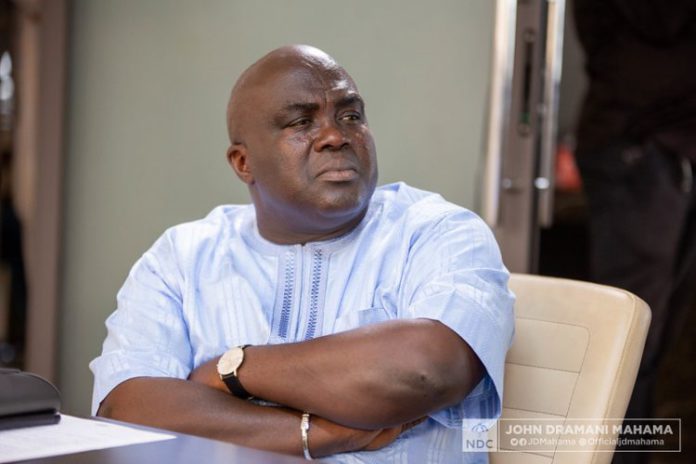
Ghana’s Chief of Staff, Julius Debrah, has acknowledged that although Ghana’s National Anti-Corruption Action Plan (NACAP) has made some notable progress over the past decade, corruption remains deeply rooted across institutions.
To address this, a new working group has been sworn in to develop NACAP II, a more robust strategy aimed at reversing Ghana’s poor performance in the global fight against corruption.
Speaking at the swearing-in ceremony at the Presidency, Mr. Debrah stated that accountability and the battle against corruption remain central to President John Dramani Mahama’s legacy. He tasked the newly formed group with creating a more powerful and effective successor to the original NACAP, which ran from 2015 to 2024.
Mr. Debrah admitted that while the first NACAP helped raise awareness about corruption, promoted whistleblower systems, and improved anti-money laundering measures, the reality is that Ghana’s Corruption Perception Index (CPI) has dropped.
He pointed out that although the CPI was at its highest, 48 percent, in 2014 when NACAP was passed, it has now declined to a record low of 42 percent in 2024, the final year of implementation. According to him, this downward trend shows that the plan did not yield the expected results in terms of reducing corruption.
He also highlighted the contributions of key institutions such as the Commission on Human Rights and Administrative Justice (CHRAJ), the Office of the Special Prosecutor (OSP), and the Economic and Organized Crime Office (EOCO), noting their increased efforts in investigations, prosecutions, and asset recovery. However, Mr. Debrah acknowledged that the presence of these institutions alone is not enough and that more must be done to tackle systemic corruption effectively.
Reinforcing this message, Deputy Chief of Staff (Administration) Nana Oye Bampoe Addo expressed confidence in the capacity of the new working group to deliver a practical and forward-thinking NACAP II.
She urged the team to leverage their diverse expertise and Ghana’s growing access to technology to create a solution that works. Nana Oye stressed that addressing the CPI decline must be a national priority and called for a strong coordinating body, technological innovation, and institution-building to ensure real results. According to her, the country’s resources must be directed toward the welfare of Ghanaians, not lost to corruption.
She further emphasized that Ghana is now better positioned to confront the issue, thanks to increased institutional presence, advanced technology, and growing global support for transparency and accountability.
Her final remarks conveyed hope and determination, stating that the group would produce a NACAP II that is not only fit for purpose but also capable of delivering lasting change.
Ghana’s new anti-corruption direction reflects the government’s recognition that strategic refinement and bold action are urgently needed. As the country begins shaping NACAP II, expectations are high that this second phase will do what the first could not: significantly reduce corruption and restore public trust.


Julius Debrah Says President Mahama Deeply Loved Daddy Lumba And His Songs
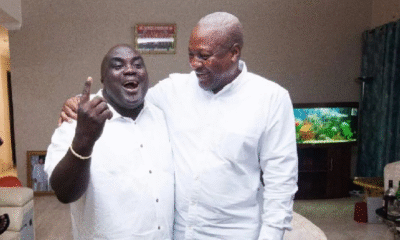

Julius Debrah Says 24-Hour Economy Already Underway
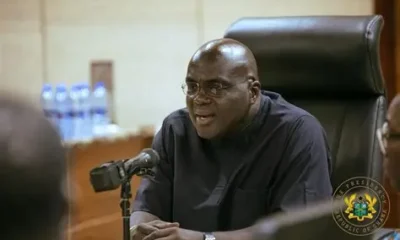

African Political Parties Summit Ends in Accra With Accra Declaration
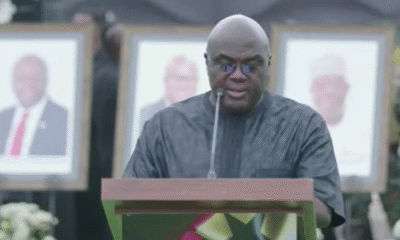

Chief of Staff Calls for Unity to Honour Helicopter Crash Victims
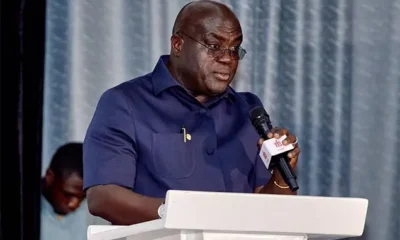

Prophet Roja Urges Chief Of Staff To Call Him Following Helicopter Crash
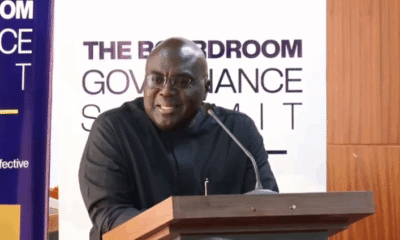

Chief of Staff Julius Debrah Hails Ghanaian Entrepreneurs for Driving National Development


Consider the economy before imposing fees – Chief of Staff to universities.

























